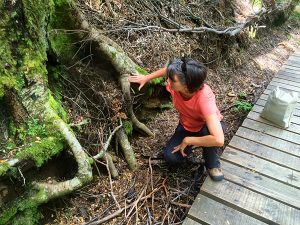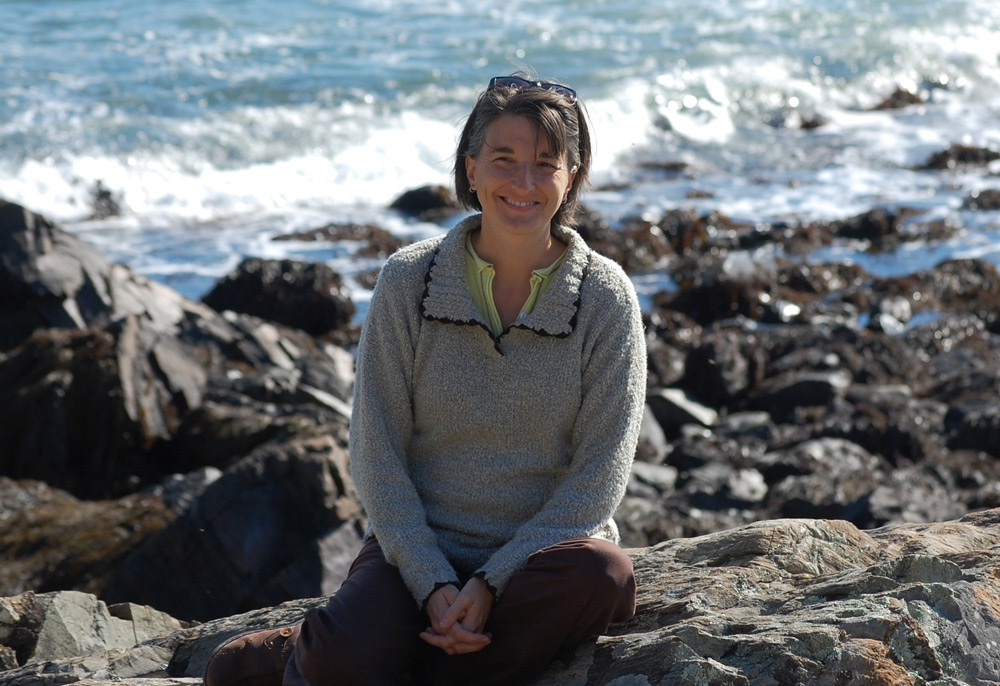If you’ve ever wanted to unlock the secrets of the ground under your feet, Professor Serita Frey and her team in New Hampshire can answer your questions. The Eastern Mennonite High School graduate and former Eastern Mennonite College student studies the soil and the impact of humans on this earth.
Frey will share about her research during a Suter Science Seminar Wednesday, Oct. 12, at 4 p.m. in Room 106 of the Suter Science Center. Her presentation will focus on the links between climate change and soil and how changes in the soil can slow the negative impacts of environment change.

Frey conducts research at her Soil Microbial Ecology Lab at the University of New Hampshire. Researchers focus on humans’ effect on ecosystems with special regard for nutrient circulation. Scientists are also interested in how shifts in nature like climate change and invasive species impact soil diversity and nitrogen content.
Frey earned a PhD in ecology from Colorado State University in 1999. Both her master’s and bachelor’s degrees from University of Virginia are in environmental science .
“The best part of my job is mentoring students and working with them to conduct research on how global change is impacting soil microorganisms and the critical ecosystem services that they provide to society,” Frey said. She also loves her job because she constantly learns something new about the environment.
Though she has been curious about the environment since she was young, her first experiences with ecology and microbiology happened in classes at Eastern Mennonite College.
“Initially, I thought I would need to choose one field or the other, but subsequently learned that the field of ‘microbial ecology’ combines both interests,” said Frey, “And that was it—I’ve been doing soil microbial ecology in some form or another ever since.”
She was the chair of UNH’s natural resources and earth system science doctoral program from 2010 to 2015 and secretary of the International Soil Ecology Society from 2009 to 2013. She is currently editor-in-chief of “Issues in Ecology” and on the board of editors of “Ecology” and “Ecological Monographs.”
Career highlights include receiving a National Science Foundation Early Career Award in 2015, joining the Board of Directors of the National Ecological Observatory Network that same year, she says, and being asked to give a seminar at EMU.
